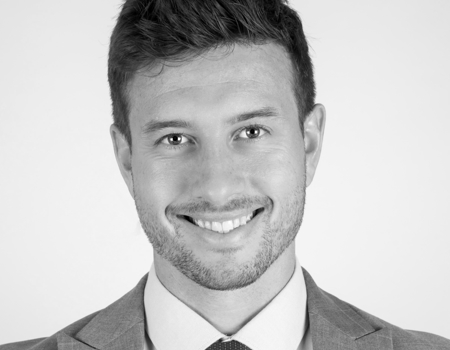
The past three years have been unusual from the perspective of Australian investors investing in the domestic money markets. During the period, cash portfolios were generally able to outperform their benchmark, whilst still being managed with very conservative constraints.
The resumption of monetary easing by the Reserve Bank of Australia (RBA) signals the start of a new phase, characterised by even lower interest rates and, at least for now, a flatter yield curve.
In this paper, we examine what a period of structurally low interest rates means for money market investors. We outline the primary sources of cash portfolio returns versus the bank bill benchmark, and investigate how much these factors have contributed over the past three years. Importantly, the discussion evolves as to how things are likely to change in the future.
The resumption of monetary easing by the RBA signals the start of a new phase, characterised by even lower interest rates and, at least for now, a flatter yield curve.
Looking ahead, we believe some sources of portfolio returns versus benchmark will be lower in the environment we are about to enter, compared with the period from 2016–19. However, our experience also tells us that when one source of return evaporates, other opportunities arise to take its place. Already, we are observing the potential for instruments such as repurchase agreements (‘repo’) and hedged foreign treasury bills to enhance cash returns in the future.
Meet the author
Related articles

Economic Update December 2025

Three reasons to invest in Infrastructure Debt today






